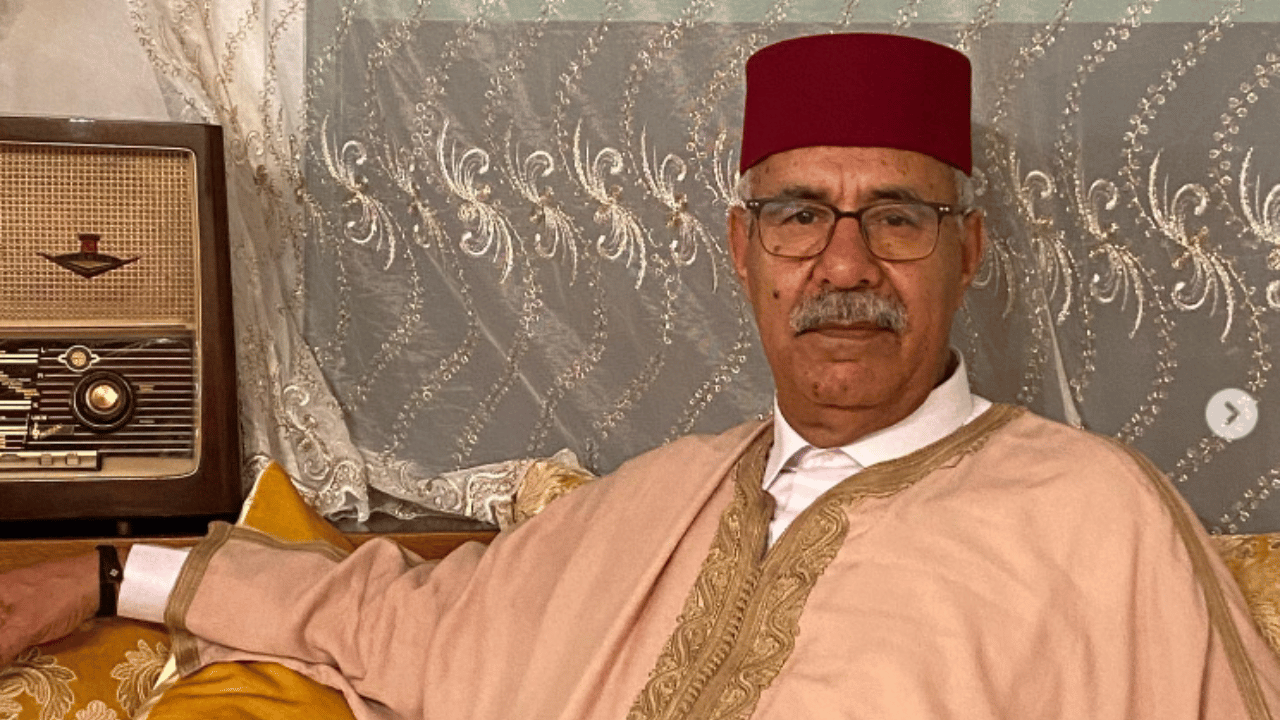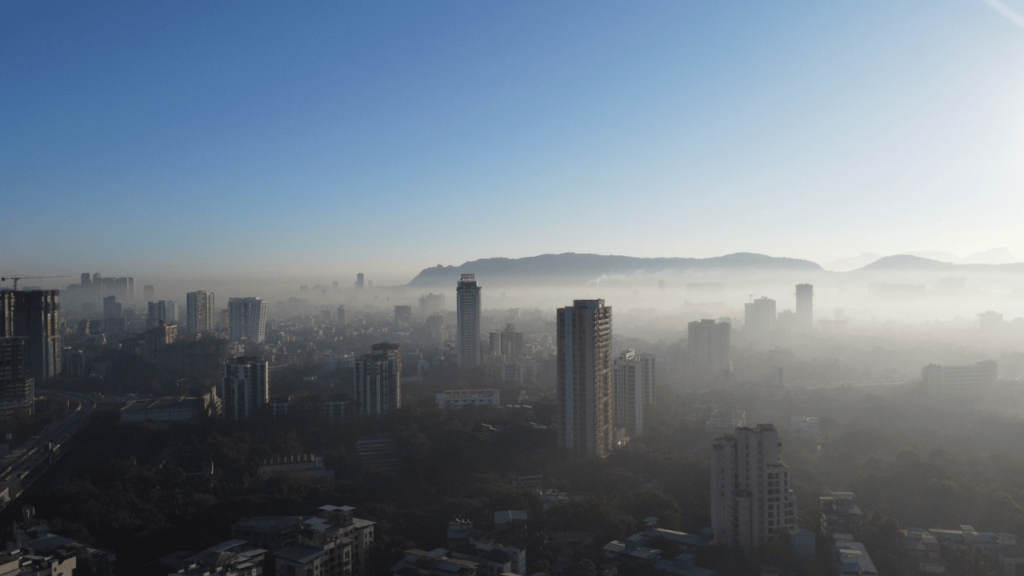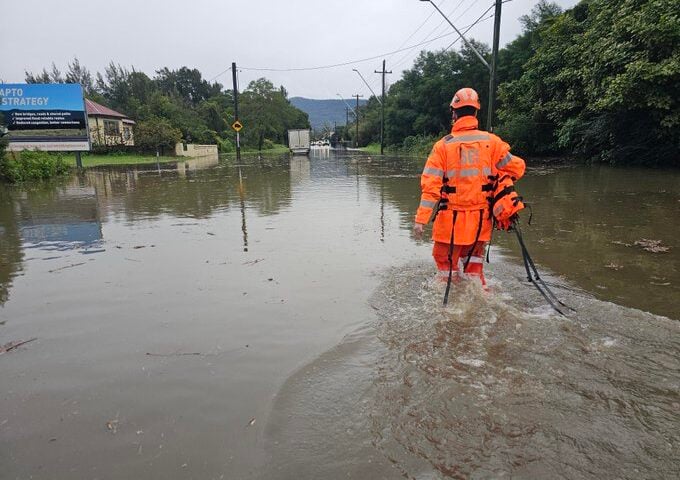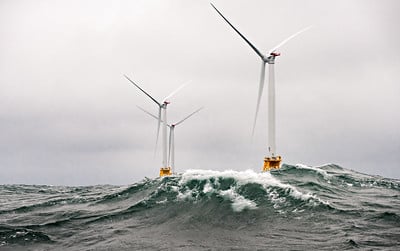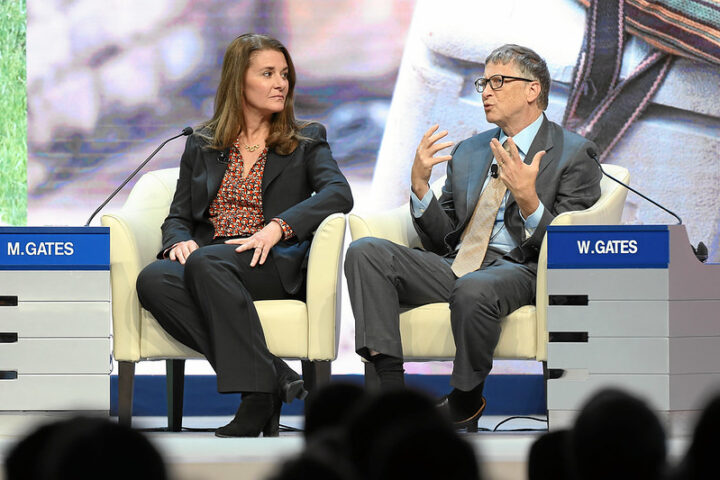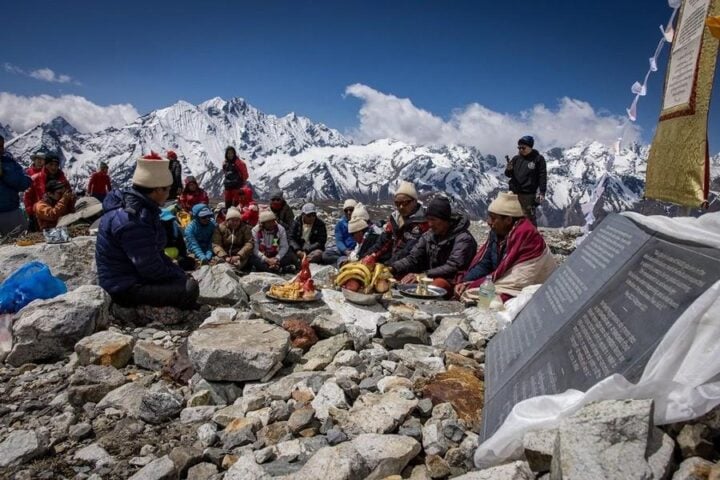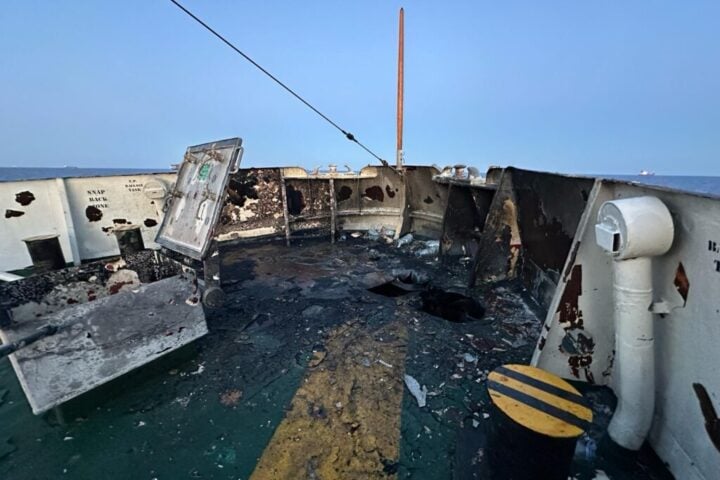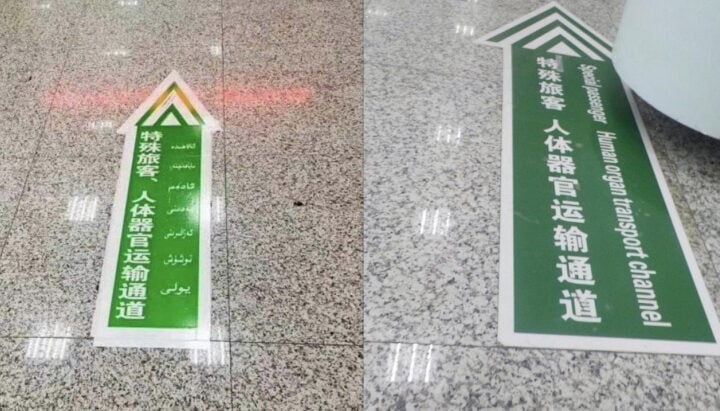The environmental activist from Yemen has filed claims against two oil companies at the International Criminal Court (ICC) in The Hague, Netherlands. An investigative report published on 23 January 2024 by the Organized Crime and Corruption Reporting Project (OCCRP) detailed these allegations. The pollution, resulting from the companies’ burying hazardous chemical products, has caused diseases in communities living near oil fields, which is being argued as crimes against humanity.
Dr. Abdulkader Kharraz, the former chairman of Yemen’s Environment Protection Authority (EPA) and an active environmental advocate, has now taken an international step. Recently, in December, he brought the case to the ICC against Safer, a local company, and another U.S.-based company, Hunt Oil, after receiving many complaints from people living near the oil fields. Residents also blame the companies for releasing toxic drilling fluids into the soil, leading to falling crop yields and rising illnesses such as cancer and kidney disease.
“Oil pollution comes from the direct discharge of hazardous waste and the burial of this waste, releasing emissions without any treatment methods, and causing many serious diseases in the area where people live near oil fields,” Kharraz argues in court.
After the discovery of oil in Yemen in the 1980s, foreign companies rushed to the country to exploit its resources. Hunt Oil, during its 20-year tenure, was accused of releasing emissions of dangerous levels of nitrogen oxides into the air and improperly storing hundreds of barrels of expired chemicals, as described in a parliamentary report.
A spokesperson from Hunt Oil stated that the company does not wish to comment on the lawsuit. Safer did not reply to a request for comment on Tuesday when asked by OCCRP.
Similar Posts
Kharraz has highlighted his intention to provide a list of government officials who have contributed to the cover-up of this pollution and damage.
The crimes committed by a state party national, or in the territory of the state party, or the state has accepted the jurisdiction of the court, are acceptable for ICC action. However, Yemen, having signed the Rome Statute — the founding treaty of the ICC — has not ratified it yet, so it is not a state party.
Richard Pearshouse, director of the Environment Division at Human Rights Watch, explained to OCCRP that it has been known for a long time that the existing crimes in the Rome Statute can overlap with environmental issues.
The ICC has only confirmed receipt of Kharraz’s complaint. Pearshouse also highlighted a growing disappointment in seeing more overlap between Rome Statute crimes and environmental issues, as natural resources become scarcer and the climate crisis wreaks more havoc.
Kharraz maintains hope that the ICC will consider his request, having lost faith in Yemeni authorities to hold oil companies accountable or remediate the extensive damage caused. Despite facing obstacles and threats, he is determined to pursue international action and communicate the extent of the people’s suffering. He aims to hold those responsible accountable, forcing them to address the pollution’s effects, compensate the victims, and knock on all doors for justice.
